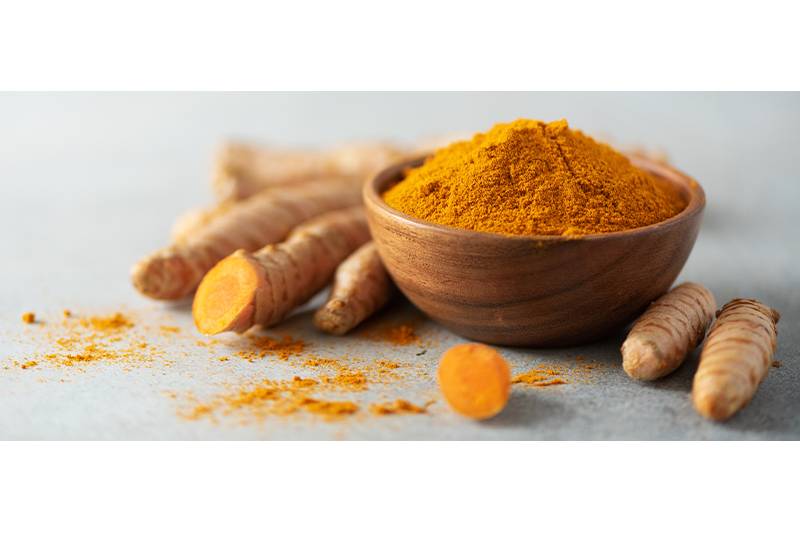Turmeric, also known as the “golden spice,” has long been used in traditional medicine across Asia for its incredible healing properties. Derived from the root of the Curcuma longa plant, turmeric contains a bioactive compound called curcumin, which is responsible for its vibrant color and impressive health benefits.
Incorporating turmeric into your daily diet can be a game-changer for your overall wellness. Here’s how this ancient spice continues to shine in modern health practices.
1. Rich in Antioxidant
Curcumin is a potent antioxidant that neutralizes harmful free radicals and boosts your body’s own antioxidant enzymes. This dual action helps reduce oxidative stress and protect your cells from long-term damage.
2. Natural Anti-Inflammatory Agent
Chronic inflammation contributes to many health issues, including arthritis and heart disease. Turmeric’s curcumin helps block inflammatory molecules, reducing pain, swelling, and internal inflammation without the side effects of traditional anti-inflammatory drugs.
3. Supports Wound Healing
Applied topically, turmeric has been shown to accelerate the healing of minor cuts and burns thanks to its anti-inflammatory and antimicrobial properties. It can also promote collagen production, aiding in skin regeneration.
4. Relieves Joint Pain
Turmeric’s anti-inflammatory properties make it an effective natural remedy for joint stiffness and pain, especially for those with arthritis. Regular intake can help improve mobility and reduce discomfort.
5. Heart Health Booster
Curcumin helps improve endothelial function—the lining of blood vessels—enhancing blood circulation and reducing the risk of heart disease. It also helps lower bad cholesterol and manage blood pressure levels.
6. Liver Detox and Protection
The liver benefits greatly from turmeric’s detoxifying effects. Curcumin stimulates antioxidant production in the liver, helping it break down toxins and fight inflammation that can lead to liver disease.
7. Combats Allergies
Curcumin has been found to regulate immune responses and reduce histamine levels, making it effective for managing symptoms of asthma, hay fever, and skin allergies.
8. Helps Manage Blood Sugar
Curcuminoids may improve insulin sensitivity and help regulate blood sugar levels, making turmeric a helpful dietary addition for individuals with type 2 diabetes—though it should be taken cautiously alongside diabetes medications.
9. May Slow Aging
By reducing oxidative damage and inflammation—two of the main drivers of aging—curcumin may help support healthy aging and longevity. It also supports cellular health and reduces DNA damage.
10. Cancer-Fighting Potential
Research suggests that curcumin can disrupt cancer cell growth and block the formation of tumors. Its anti-inflammatory and antioxidant properties may play a protective role in cancer prevention.
11. Supports Digestive Health
Curcumin helps soothe inflammation in the gut, which can benefit individuals suffering from acid reflux (GERD) or other gastrointestinal disorders. It also helps the body better digest fats and reduce bloating.
12. Elevates Mood and Mental Health
Studies have shown that curcumin can enhance levels of serotonin and dopamine, potentially reducing symptoms of depression and anxiety. It may serve as a complementary treatment for mood disorders.
How to Add Turmeric to Your Diet
You can easily add turmeric to your meals by sprinkling it over soups, stews, smoothies, or warm milk. For better absorption, pair it with black pepper, which contains piperine—an ingredient that boosts curcumin’s bioavailability by up to 2,000%.
Turmeric is more than just a spice—it’s a wellness powerhouse. From easing inflammation to protecting your heart and mind, turmeric delivers a wide range of benefits backed by modern science. Adding a small amount to your daily diet could lead to long-lasting improvements in your health and vitality.




